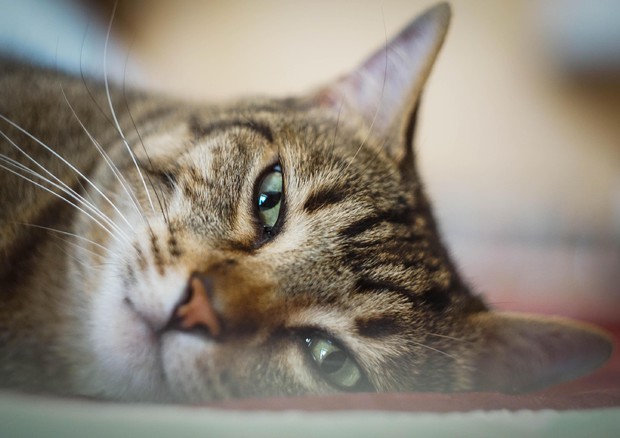In New York, a petition seeks to legalize the presence of felines in convenience stores: silent guardians against rodents, their owners currently face fines and legal invisibility.
In recent years, the image of the “bodega cat” has gained growing visibility. Social media accounts, branded merchandise, guided tours, and even publishing projects have turned these animals into icons of New York’s everyday life, reflecting the city’s layered cultural identity in constant flux. Originally common in shops run by Puerto Rican and Dominican communities, bodegas are now frequently owned by Yemenis, Egyptians, Pakistanis, and Indians. Yet the name “bodega” has remained, as has the cat embodying a sense of continuity and belonging.
In the Big Apple, the fight for animal rights takes on a surprisingly pragmatic urban twist. At the heart of a growing grassroots movement are the bodega cats, those feline fixtures of neighborhood corner stores scattered across the city. Loved by residents, photographed by tourists, and followed on social media like local celebrities, these cats are far more than mere companions. For store owners, they are an effective and quiet solution to the persistent rodent problem. Yet, their presence is still technically illegal under New York City’s health regulations.
To address this contradiction, an initiative has been launched to formally recognize bodega cats as working animals. The proposal aims not only to eliminate penalties for shopkeepers who house them, but also to introduce concrete protections, such as free access to veterinary care. The core of the issue is not merely sentimental or aesthetic: for many small businesses–especially in working-class neighborhoods—cats are a functional component of economic balance. Often, the choice comes down to a fine for housing a cat, or a steeper fine for failing to control a rodent infestation.
The fundraiser associated with the petition, with a $30,000 goal, seeks to ensure the cats’ well-being and provide unlimited veterinary assistance. The cause has resonated widely with citizens, influencers, and content creators, highlighting how the protection of these creatures intersects with social justice, urban memory, and the fight against inequality.
The debate has long since moved beyond the niche of animal lovers. The bodega cat issue has become a powerful metaphor for how legality must adapt to the realities of local life recognizing the value of longstanding, community-rooted practices. While waiting for institutional change, the cats will continue to patrol store shelves and back rooms, silent and persistent, true workers in every way but the paperwork.












